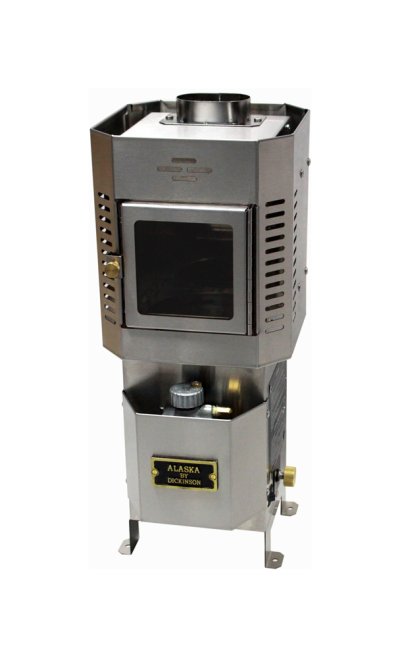Some good advice so far.
My opinion, which talks to our experience, is we want to minimize generator run time for several reasons. One is sound level, both sound level inside our boat and sound level for our neighbours. Another is smell of exhaust fumes. We have been docked beside some boats that run their generator all night even at dock (where being tied near you can't avoid both the sound nor the fumes).
So for us no reliance on electric heat nor reverse cycle, no electric stove, etc. We like propane for the stove.
We have used both diesel forced air heat (current boat) and diesel hydronic (former boat). Both work well. Hydronic has several advantages which include smaller diameter hoses for the runs, and ability to use the furnace for other heating purposes like hot water (again reducing generator time?). Hydronic is more expensive.
Air conditioning in the PNW general area is a personal thing. We don't have it. If we did, there have been a few nights where we would have used it. However, if you travel north most of the time (Broughtons and further north) I would say air conditioning is not needed and just adds to the maintenance (assuming you have a diesel furnace). If you spend all your time Desolation Sound and south, then up to you, but as Sue said, fans help alot when really needed.
If I was having a new build, it would be diesel hydronic heat with thermostats (zones) in all major rooms, for coziness you could add (not needed really) a small diesel fireplace in the salon area (depending on available space for it), and no air conditioning, but I would have several good 12v fans installed in the staterooms and salon. Brands selection for the hydronic unit should be based on reviews, dealer advice, and personal choice.
Good luck

